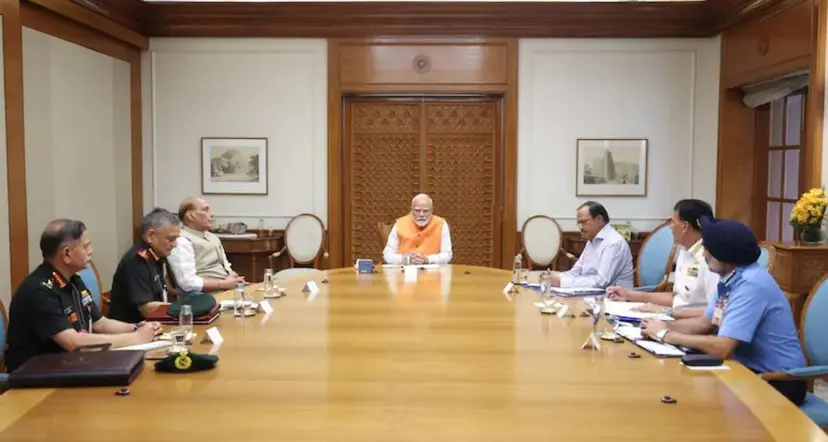
Prime Minister Narendra Modi is scheduled to chair a high-level Cabinet Committee meeting tomorrow, focusing on key administrative appointments and national security issues. The timing of this significant meeting coincides with heightened security measures in Jammu and Kashmir, particularly in Pahalgam, which has recently become a strategic point of discussion in intelligence and defence circles.
This Cabinet Committee meeting, under the Appointments Committee of the Cabinet (ACC), comes at a time when political and administrative restructuring is being considered in the run-up to the next session of Parliament. However, beyond bureaucratic reshuffling, the focus on Pahalgam and other sensitive areas in Jammu and Kashmir adds weight to the national relevance of the gathering.
Why This Meeting Matters Now
PM Modi’s leadership in chairing the Appointments Committee has always been critical in shaping governance frameworks. The committee is responsible for appointing top-level bureaucrats, including secretaries of key ministries and heads of public sector enterprises. The decisions made here set the tone for policy implementation and governance across the country.
According to sources, the inclusion of regional updates—especially those linked to Pahalgam—in the security briefing has raised the strategic value of this meeting. Intelligence inputs suggest that certain regions in South Kashmir, including Pahalgam, require renewed attention due to possible security threats and the upcoming Amarnath Yatra.
Pahalgam: From Scenic Beauty to Security Focus
Pahalgam, a renowned tourist destination in South Kashmir, is not just known for its breathtaking landscapes and the Lidder River. It also serves as a crucial base camp for the annual Amarnath Yatra, attracting lakhs of pilgrims from across India. In recent weeks, there have been increased intelligence alerts regarding possible disruptions or unrest in the region.
The Ministry of Home Affairs, reportedly working in tandem with the Prime Minister’s Office, has prioritized strengthening security infrastructure in Pahalgam. Local administration, in coordination with central forces, has initiated groundwork to ensure a peaceful pilgrimage season and prevent any anti-national activity in the valley.
PM Modi’s Broader Kashmir Strategy
PM Modi has maintained a strong focus on Jammu and Kashmir since the abrogation of Article 370 in August 2019. His government has consistently emphasized development, investment, and integration of the region with the rest of the country. Pahalgam, being both a tourist and religious hotspot, plays a key role in this vision.
In a recent rally, PM Modi had remarked, “We want to see the beauty of Pahalgam matched by the prosperity of its people.” His words signal a dual approach—security and development—to bring long-term stability to the region.
The upcoming meeting is expected to also touch upon possible central deployments to Pahalgam and adjoining areas, further solidifying the Prime Minister’s focus on ensuring that the region remains secure and tourist-friendly.
Cabinet Reshuffle and Strategic Appointments
While security in Pahalgam remains a pressing issue, speculation is also rife that PM Modi may use the Cabinet Committee meeting as an opportunity to initiate strategic appointments or even a minor Cabinet reshuffle. This would serve to strengthen governance and align key ministries with national priorities ahead of the monsoon session of Parliament.
Several top-level bureaucratic posts are currently due for changes, and the meeting may finalize names for appointments in ministries handling Home, Defence, and Rural Development. Sources suggest that some appointments may be influenced by on-ground feedback from Jammu and Kashmir, including administrative performance in regions like Pahalgam.
Coordination with Local Administration
It is expected that following the Cabinet meeting, directives will be sent to local Jammu and Kashmir officials for tighter coordination and better logistics management in sensitive regions. Pahalgam, in particular, is under review for upgraded surveillance, increased paramilitary presence, and improved emergency response systems.
Tourism officials have also been asked to submit reports on visitor trends in Pahalgam, and the government is likely to unveil an infrastructure boost package to attract more domestic and international tourists—building on PM Modi’s tourism-focused vision for the valley.
Opposition Criticism and Political Implications
Despite the security and development narratives, opposition leaders have questioned the timing of the Cabinet meeting and raised concerns about excessive centralization of power in decision-making. Congress spokespersons, while supporting enhanced security in Pahalgam, have called for greater transparency and inclusion of local leadership in policy planning.
In response, BJP leaders reiterated that national security and administrative efficiency cannot be compromised, especially in sensitive areas like Jammu and Kashmir. They emphasized PM Modi’s decisive leadership as the need of the hour, particularly with the volatile global climate and regional challenges.
Conclusion
As PM Modi prepares to chair tomorrow’s crucial Cabinet Committee meeting, the spotlight is not only on top-level appointments but also on the region of Pahalgam, which represents both the challenges and opportunities of New India. Whether it’s enhancing security for the Amarnath Yatra, appointing effective administrators, or reinforcing the Centre’s Kashmir strategy, this meeting is expected to carry outcomes that will shape the months to come.
Read More: 48 major tourist destinations across the Kashmir Valley







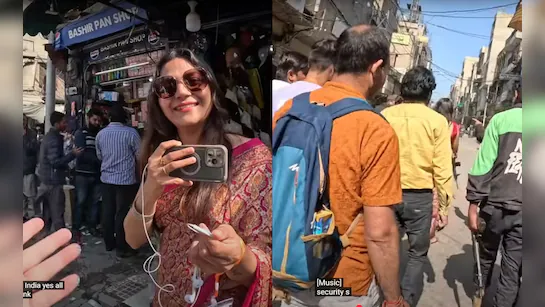
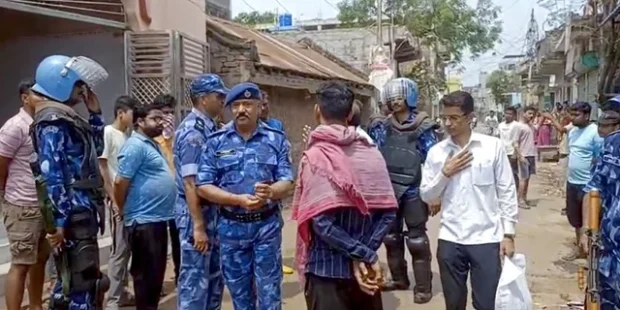
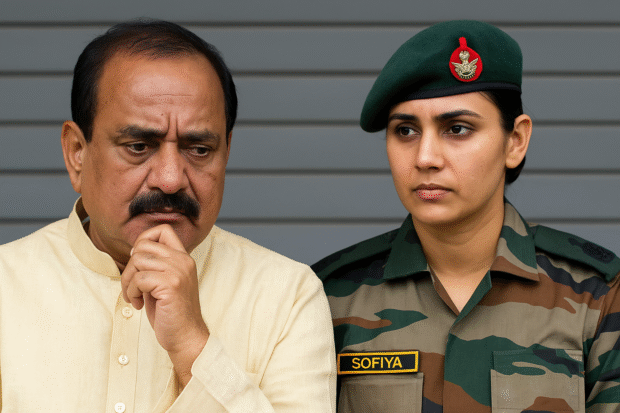

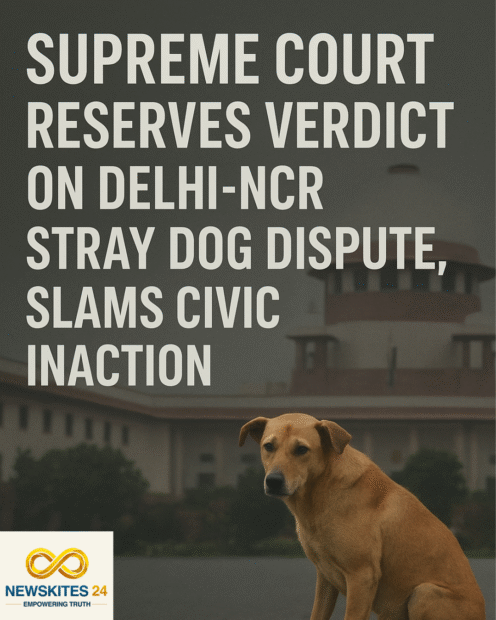
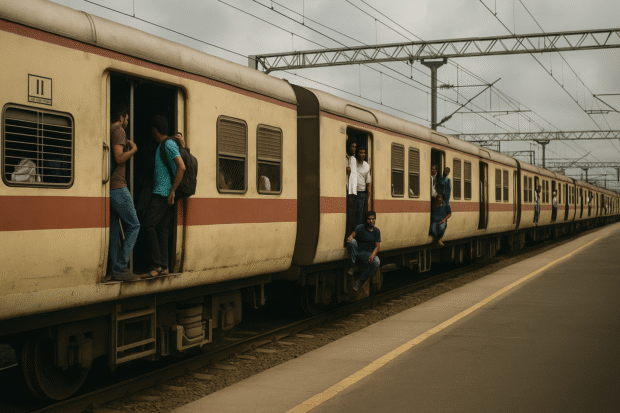
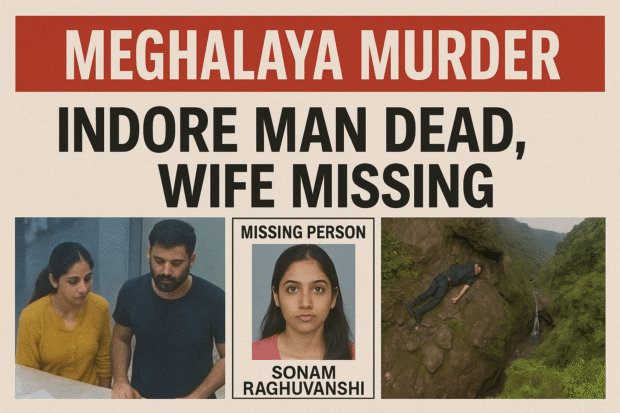
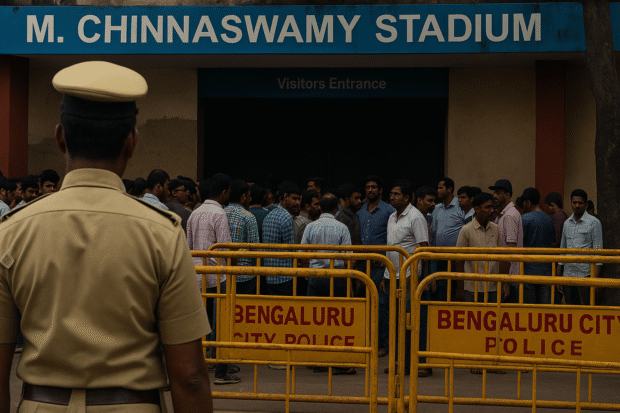
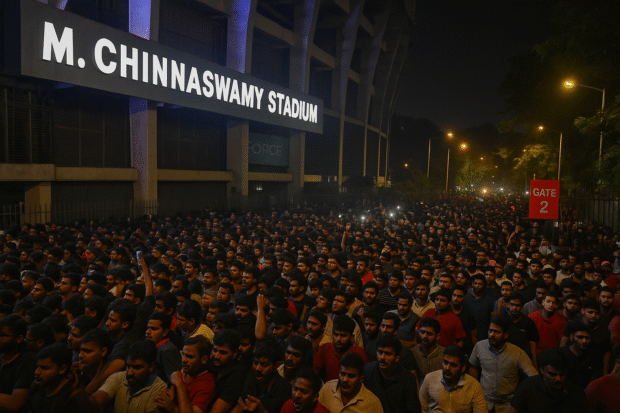

Be the first to leave a comment